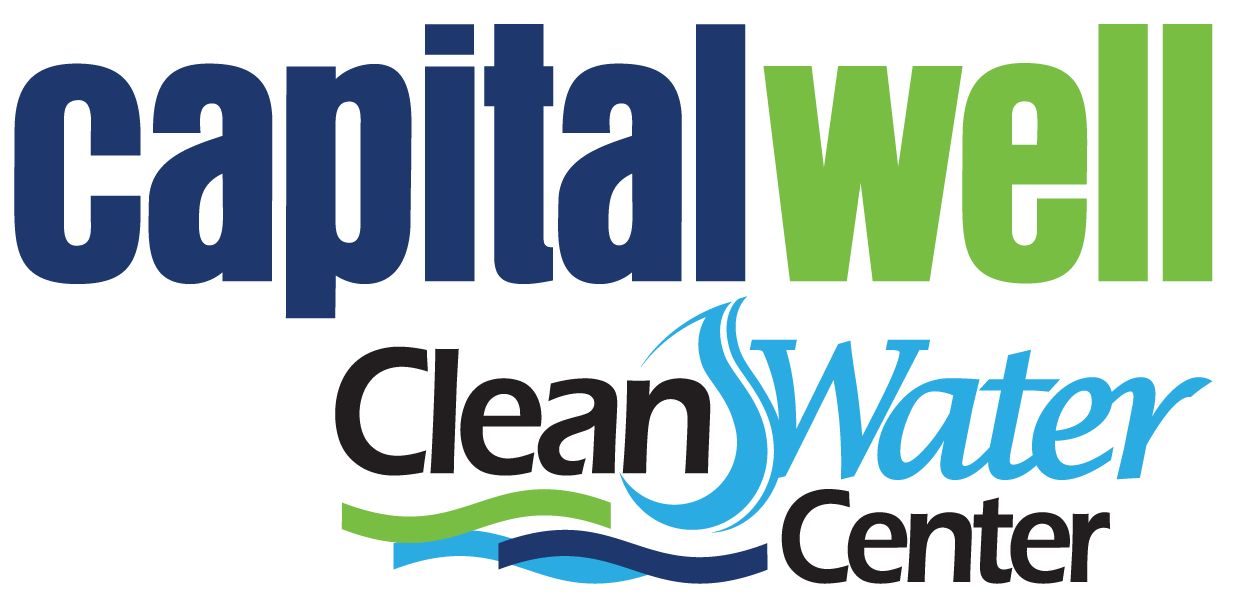Radon Levels in Your NH Drinking Water Pose a Health Risk
How to Detect Radon in Your New Hampshire Home or Business Well Water? Test, Test, & Test!!!
In New Hampshire, calling Capital Well Clean Water Center for radon testing and treatment is the first, best step toward understanding your specific radon levels, and in dealing with its eventual removal and mitigation. The water professionals at our Clean Water Center have the safe water systems and the experience to perform the tasks needed to keep your family and employees safe.
Radon is a naturally occurring, radioactive, colorless and tasteless gas commonly found in the granite bedrocks of NH and in the public and private wells drilled from that bedrock. Nearly one out of every 15 homes in the United States is estimated to have an elevated radon level (4.0 pCi/L or greater), and in New Hampshire that number is one in three. Please pick your town from the drop down below to assess the risk of radon in your town, and in your home or business.
Assess Radon Risk in Your Town
More on Radon in Your Home or Businesses Water and Air
Occurring as the product of the breakdown of radium, radon is considered a health hazard due to its high radioactivity. It typically enters the air of the home through cracks in the foundation and through the up flow of private well water and into your water systems. Any home, new or old, with or without basements, can face potential radon issues. Few homes are immune.
Radon from bedrock wells is not only ingested in the form of tainted drinking water but is also released into the air of your home during activities such as showering, dishwashing or doing laundry. Radon solids that leech into the air cling to dust particles and can attach to the airways of the lungs.
Exposure to radon poses an increased risk of developing certain types of cancer, primarily those of the lungs and stomach. Radon is the leading cause of lung cancer for non-smokers, responsible for 21,000 deaths annually.
When does the water in your well and home need to be tested?
State and federal agencies recommend taking mitigating steps when radon concentrations in the water or air meet or exceed 4.0 picocuries per liter (pCi/L) in the lowest and most commonly used spaces in your home or business.
Request Your Quick and Easy Radon Test Today! An Ounce of Prevention is Worth a Pound of Cure…
{rsform 9}
Testing and Aeration | “There is NO safe level of radon…”
Radon concentrations in both air and water are measured in picocuries per liter (pCi/L). For every 10,000 pCi/L of radon in a home’s water supply, the radon concentration in indoor air is increased by 1 pCi/L, though according to the U.S. Surgeon General there is no safe level of radon, and testing is the only way to be sure you and your family are safe.
The primary method for radon removal from water is aeration, a process by which oxygen is driven or bubbled into the water, separating the radon gas from the well water. Although there are carbon options available, there are factors that make this method less attractive as a long term viable solution to your radon problem. Call Capital Well Clean Water Center today and ask us why aeration treatment is far superior, and why using a charcoal system needs to be carefully considered before choosing.
Radon concentrations in well water can vary substantially from one test to another, and the New Hampshire Department of Environmental Services recommends at least two radon tests, at least one month apart when possible, prior to making any treatment decisions.
If you have concerns about radon in your well water, call Capital Well Clean Water Center today!
For radon testing, radon mitigation, radon treatment, and radon removal in your NH home or business, and for all other well or municipal water testing to keep your systems clear of other contaminants, call us, or fill out the form on this page and one of our clean water professionals will contact you to arrange a water test. Testing is the first step in removing this toxin. Eliminate your worries with a licensed water treatment contractor and keep your water safe and clean. Call now for a free consultation, 603.774.6155.
